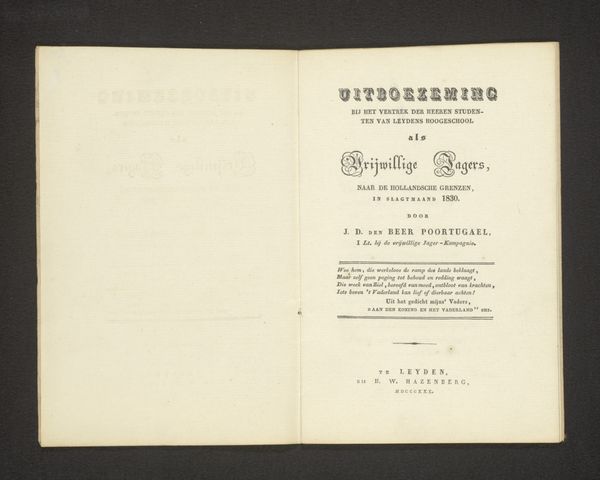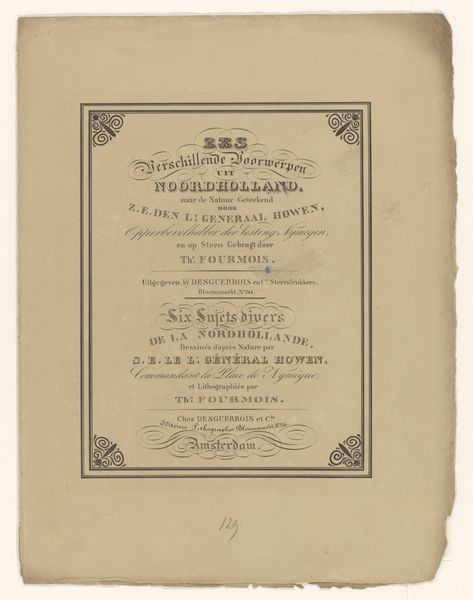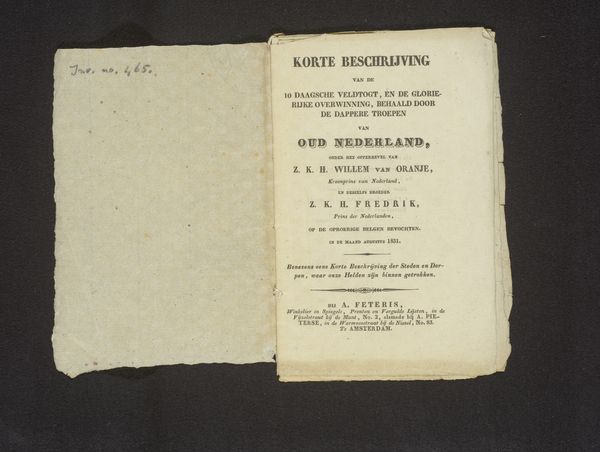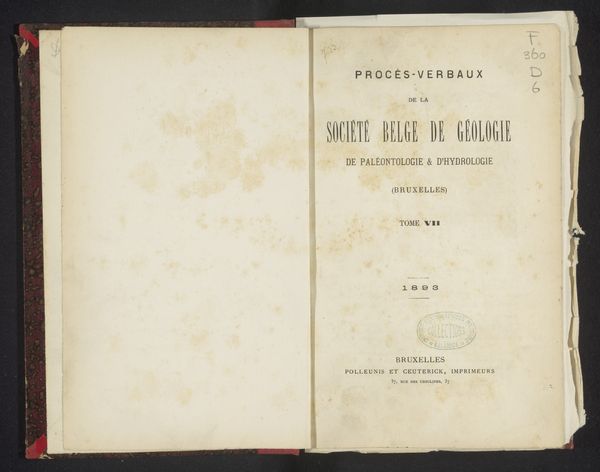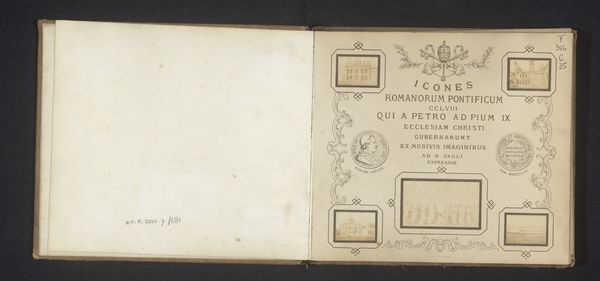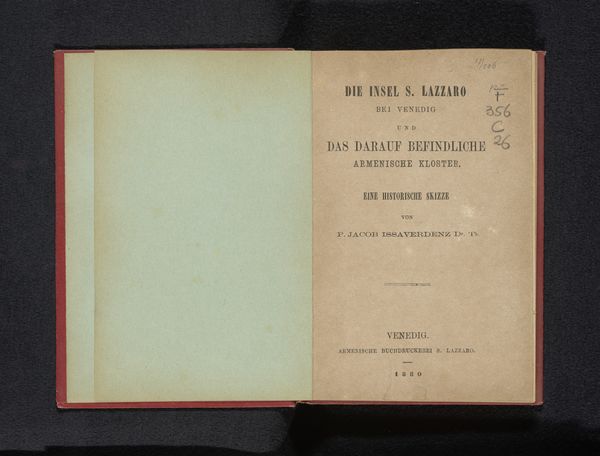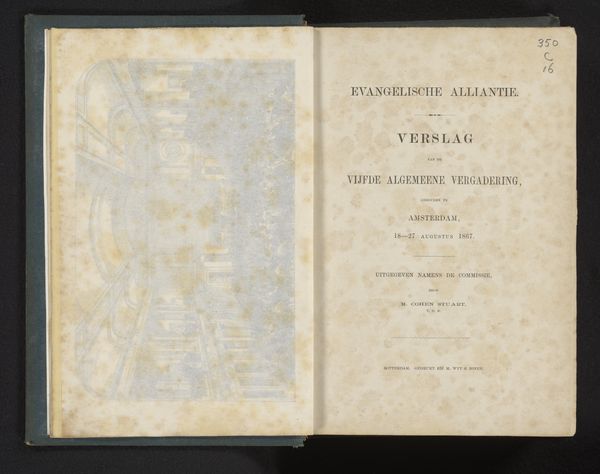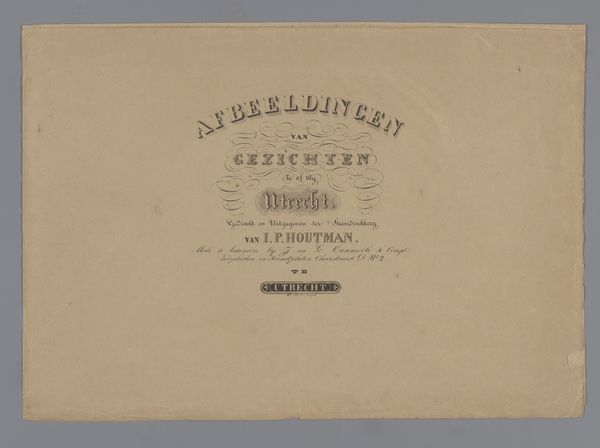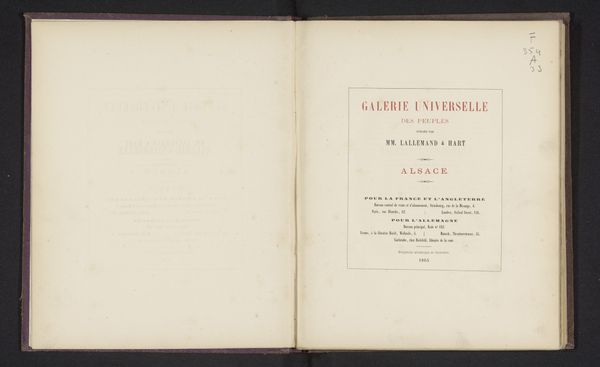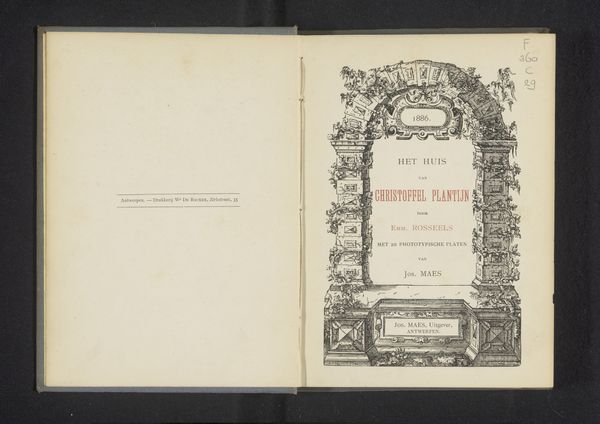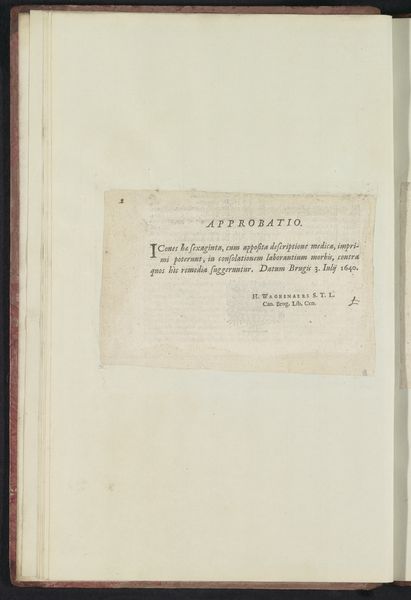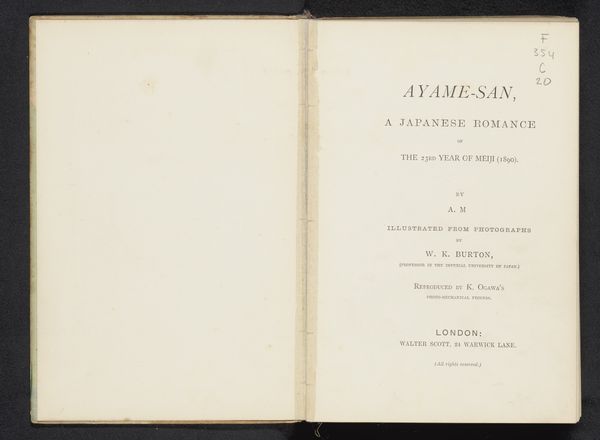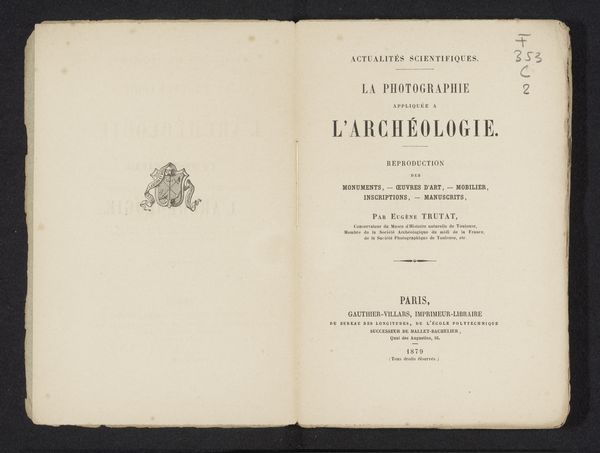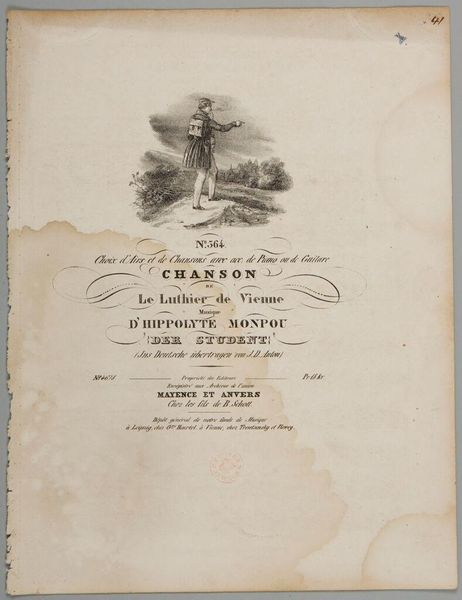
De verslagen omtrent den tocht met de Willem Barents naar en in de IJszee, in den zomer van 1878 1879
0:00
0:00
corneliusmariuskan
Rijksmuseum
graphic-art, print, textile, typography
#
graphic-art
# print
#
textile
#
typography
Dimensions: height 285 mm, width 235 mm, thickness 3 mm
Copyright: Rijks Museum: Open Domain
Editor: Here we have “De verslagen omtrent den tocht met de Willem Barents naar en in de IJszee, in den zomer van 1878,” created in 1879. It’s a printed textile and graphic work currently residing in the Rijksmuseum. The piece, spread open like a book, confronts the viewer with typography and aged paper. It’s...quite unassuming. What significance do you find in it? Curator: This isn’t merely an unassuming book, but a document reflecting a pivotal moment in Dutch exploration and its complex relationship with the Arctic. Look at the title closely: “Reports Regarding the Voyage with Willem Barents to and in the Arctic Sea, in the Summer of 1878.” Who was Barents, and what does his legacy represent within the larger narrative of colonialism and scientific ambition? Editor: Barents was an explorer, right? Didn’t he try to find a northeast passage? Curator: Exactly. This publication reveals the 19th-century resurgence of interest in Barents' voyages. But consider: why this renewed interest? What social, political, and economic forces propelled this desire to revisit and reclaim a narrative of exploration, especially in relation to the Arctic, a space increasingly impacted by resource extraction and shifting geopolitical interests? Editor: So, it's less about the journey itself and more about the context in which the journey was being remembered? Curator: Precisely. This document signifies an intersection, a space where historical narrative, national identity, and colonial ambitions collide. Consider how typography and the very act of printing served to legitimize and disseminate these ideologies. In what ways does the creation and distribution of such reports perpetuate certain power dynamics? Editor: I see what you mean. It’s not just an account; it's part of a larger cultural project. Curator: Yes, a cultural project that demands critical examination. Now, thinking about today, what echoes do you find in our present-day relationship with the Arctic and climate change, compared to this historical push? Editor: Wow, I hadn’t considered all of that. It’s really given me a completely new perspective on what this piece represents. Thanks!
Comments
No comments
Be the first to comment and join the conversation on the ultimate creative platform.
